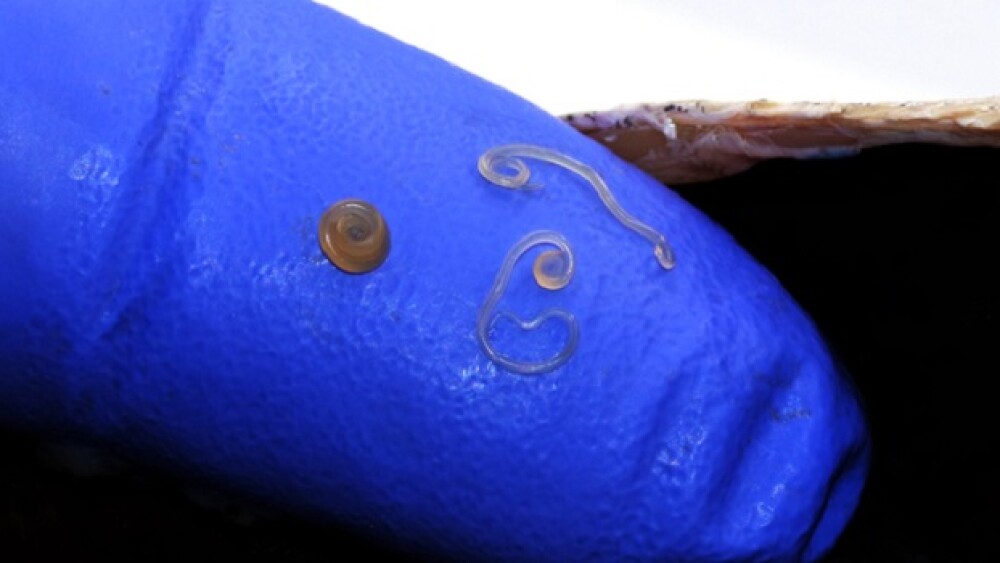Researchers from Osaka University have released details on how they discovered a unique, albeit strange, potential treatment method for cancer - parasitic worms.
Researchers from Osaka University have released details on how they discovered a unique, albeit strange, potential treatment method for cancer - parasitic worms.
Few people would willingly invite worms to enter their bodies. Typically, worms are drawn to some feature of the human body that provides an evolutionary advantage, such as an abundance of nutrition for growth and reproduction or the ability to hitch a ride.
The worm often enters the human body after the consummation of undercooked fish, causing gastrointestinal issues and/or allergic reactions as they enjoy the comfort of the host’s tissues.
With such a reputation, it’s difficult to see how the worms could become an asset to science. Wildan Mubarok, an author of the Osaka study, explained the research team’s findings.
“Anisakis simplex has been reported to sense cancer, potentially by detecting cancer ‘odor’ and to attach to cancerous tissues,” he said. “This led us to ask whether it could be used to deliver anti-cancer treatments directly to cancer cells within the human body.”
The study aimed to determine whether the worm’s ability to seek out cancer cells could be used as an advantage. In addition to the parasitic anisakis simplex, researchers used caenorhabditis elegans, or c. elegans for short. These worms are common roundworms that are found in soil and often used in laboratory research.
The Experiment
Each worm subject was dipped into chemical solutions to give it a flexible gel-like coating that was roughly 0.01mm thick. The coating was comprised of polysaccharides, synthetic polymers and proteins. Since this coating did not interfere with the worms’ ability to seek out cancer cells or any of the worms’ other physiological functions, the research team pushed forward with their investigation.
The gel-ish coatings were next loaded with molecules that provide protection that could be useful as the worms enter hosts. In addition to the protective molecules, anti-cancer treatments could be integrated into the solutions that the worms were dipped into. In summation, the worms became parasitic soldiers that could deliver anti-cancer treatments directly to cancer cells, which are tracked using their natural ability.
As further explained by Mubarok, “Our findings suggest that nematodes could potentially be used to deliver functional cargo to a range of specific targets in the future.”
The research paper states that the worms’ coating protects them from UV and UV-C light, visible light and environmental stress. Notably, the study explained that anisakis simplex is already sometimes found in the body of patients with gastrointestinal cancer, suggesting that the worms need no encouragement to find the intended target.
Despite the fact that many people become squeamish at the thought of worms inside their bodies, this new delivery technique might become more commonly used as additional research is conducted.





